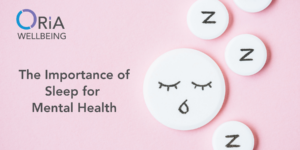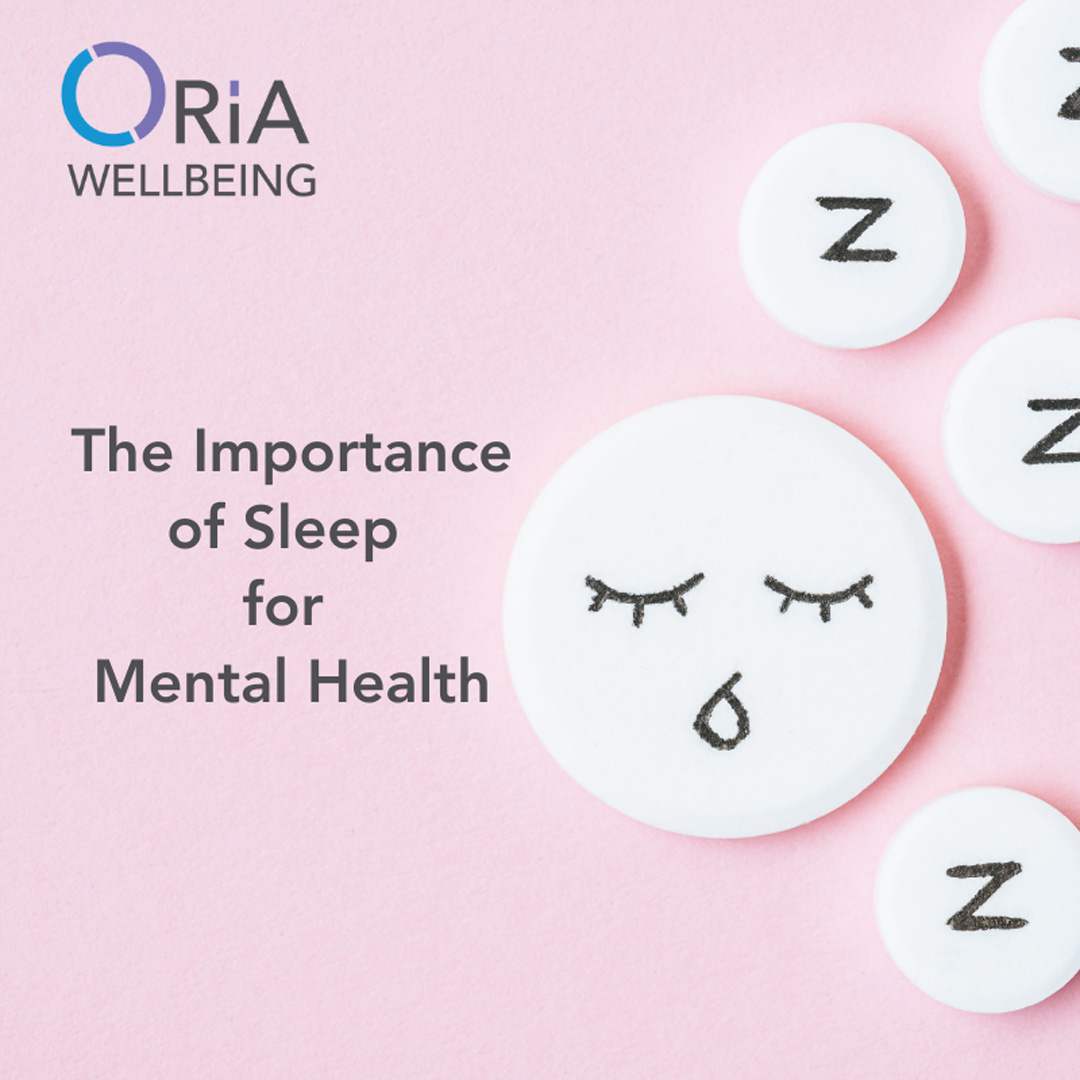We often overlook the importance of sleep in maintaining our mental health. However, quality sleep is essential for mood regulation, memory and overall brain function. Let’s explore why sleep is so critical and how you can improve your sleep hygiene.

Sleep Cycles:
Understanding the stages of sleep can help you appreciate its restorative effects.REM Sleep:
Critical for learning and memory consolidation.Non-REM Sleep:
Helps with physical recovery and immune system function.Impact of Sleep on Mood:
Lack of sleep can lead to irritability, anxiety and even depression. Poor sleep disrupts the balance of chemicals in the brain, leading to emotional dysregulation. Chronic sleep deprivation is linked to long-term mental health issues like anxiety and depression.Sleep Hygiene Tips:
Developing good sleep hygiene can dramatically improve the quality of your sleep.- Establish a regular sleep schedule by going to bed and waking up at the same time each day.
- Create a bedtime routine to help signal to your body that it’s time to wind down.
- Avoid caffeine, heavy meals, and screens before bedtime.
Relaxation Techniques:
Incorporating relaxation techniques into your bedtime routine can improve sleep.- Try deep breathing exercises or progressive muscle relaxation to release tension.
- Consider meditative practices to quiet the mind before bed.

